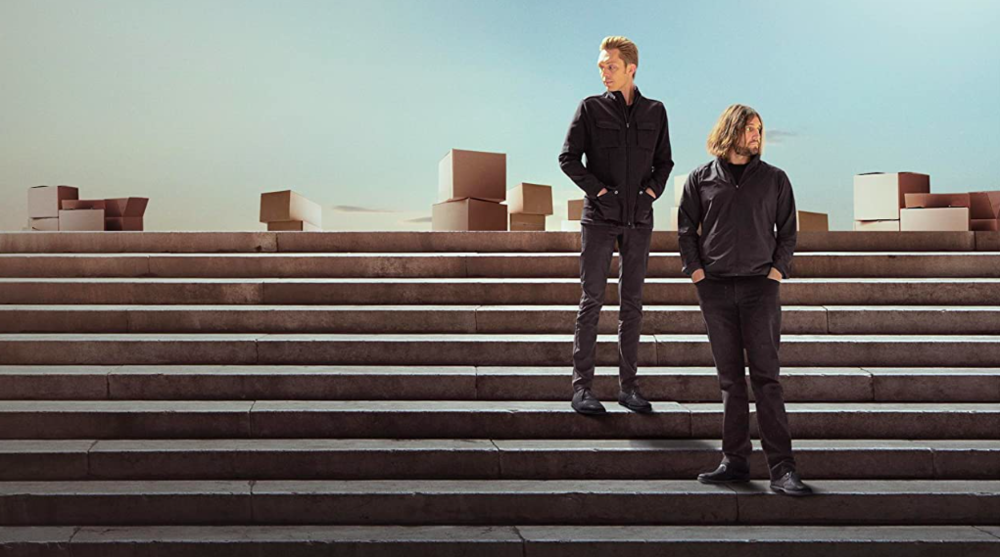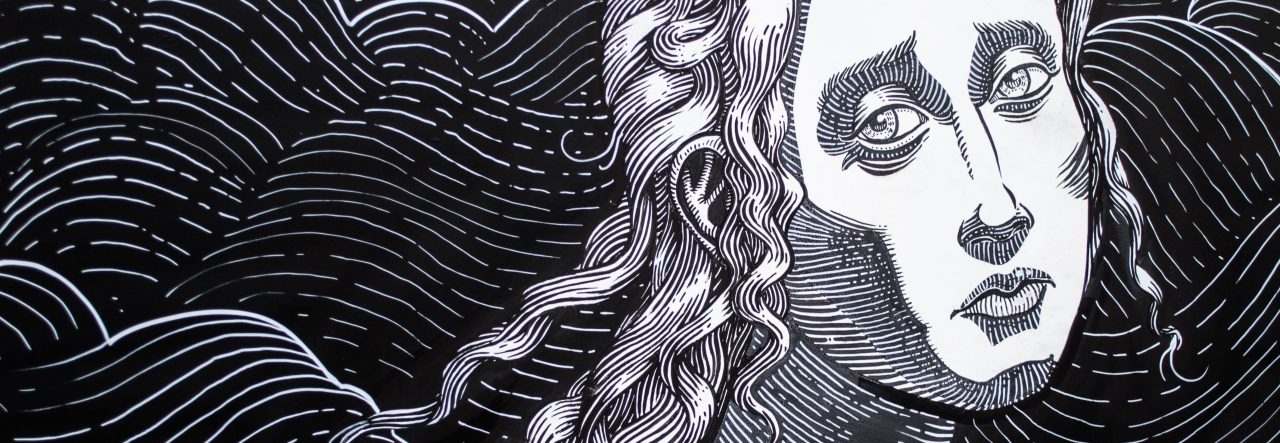
“It’s a giant ad for the Minimalists”,” commented Youtuber Undine Almani.
That pretty much sums it up about the documentary, The Minimalists: Less is Now.
Joshua Fields Millburn and Ryan Nicodemus aka The Minimalists, are well-known minimalism lifestyle influencers from the United States. They have books, podcasts, films … and although they don’t outright say it, there seems to be an implied message in their content that they founded the movement. That is not true, of course. But they are probably the ones who marketed it the best.
(Not surprising, really, as they both worked in sales in their pre-minimalist life.)
Perhaps that is they thought it was time to make a documentary about … themselves? Yes, if I sound cynical, I am. But, really, the bulk of the movie involves the two talking about their pre-minimalism lives that were soaked with consumerism, debt and alcoholic parents.
Which, by the way, they had talked about with equal detail in their first documentary, Minimalism: A Documentary about the Important Things.
I liked Minimalism: A Documentary about the Important Things. In a 3.5 stars kind of way. They had interesting guests, spoke to a some minimalism practitioners, even if I thought their serial hugging as they travelled around the US weird and creepy.
As a long-time minimalist and simple living enthusiast, the film didn’t make me go, “aha, how intriguing!” because I’ve already absorbed the message they were preaching for over a decade.
I watched awkwardly while Joshua and Ryan performed soliloquys about their angst. As they repeatedly tell us how getting rid of your stuff will result in a happier life, I can’t help but think how unrelatable their message is to me, an Asian living in Malaysia where middle income wage earners earn US$1000 per month and people have been hurled into poverty after the pandemic years of 2020 and 2021.
Perhaps therein lies the disconnect I feel about the documentary’s message: Too much stuff is bad. Get rid of stuff that don’t give you value and you will be happier.
It’s simplistic and comes from a privileged position.
I’ve written how minimalism, getting rid of your stuff, is often a stance embraced by the privileged and how, during pandemic times, it doesn’t work well; the lockdowns that we’ve endured drove home the fact that minimalism can only work in an world where the supply chain is running healthily, where we are surrounded with so much material abundance that we can pick and choose or select and throw.
For some, minimalism is not a choice. It’s their life, and their homes are not filled with tastefully “spark joy” decor nor do they have only 10 pieces of clothing out of choice. This enforced minimalism does not always create a happier life. For many, hoarding or collecting stuff helps them survive.
☝️ Undine’s expression on the thumbnail of her video was legit my expression when I watched the documentary.
It’s also very American.
In my 20s and 30s, I spent a lot of time flying to America for press junkets. As a result, I often end up staying in Beverly Hills as I pop in and out of fancy hotels interviewing celebrities.
As a Malaysian, I was quite agog at how in-your-face the consumerism was. It felt overwhelming.
That’s is why it’s unsurprising, I suppose, that there’s so much emphasis on advertising and materialism in their documentary.
The Minimalism movement has a very different flavour in Asia. It’s mostly still viewed with confusion and disinterest. After all, many parts of Asia are us emerging from decades of enforced minimalism aka poverty and are now enjoying the fruits of consumerism (and it’s not so-pleasant side effects). Others are still mired in poverty.
For these places, the minimalism message is out of step with most of society and reserved for those who have time (and enough wealth) to think about embracing a different lifestyle.
For countries like Japan, minimalism is deeply embedded in their culture. For many of its adherents, it’s a journey of rediscovery rather than discovery.
In Undine’s video above, she also commented that in Europe, they’re not as obsessed with the personal debt, hyper-consumerism message often preached by American minimalists.
Minimalism, the branded lifestyle
It’s highly ironic that while The Minimalists speak loudly against consumerism and advertising, they are using the same marketing techniques to promote their brand.
I also found their choice of interviewees a little odd. Dave Ramsey? Look, I am thankful for Dave’s lessons as it helped me get out of a debt, but the guy has a giant mansion filled with stuff. How is he suddenly speaking for the movement? Cynical me who is a professional content marketer can’t help but think that The Minimalists are boosting the reach of their content by reaching out to Dave’s market.
It’s actually fascinating how influencers like these guys make money off of selling people ideas on how to sell people ideas. it is a WILD, circular get-rich-quick scheme. – Youtube comment
The Minimalists: Less is Now is just another symptom of how minimalism has become a hip lifestyle, with influencers selling courses and books on how you can attain said lifestyle.
I don’t think there’s anything wrong about making money from books and courses, but aggressive branding and the consumeristic flavour coming to dominate this space is undermining the minimalism message.
So, should you watch the documentary?
Watch it if you’re curious, but their first documentary is definitely a better primer to the minimalism movement.
